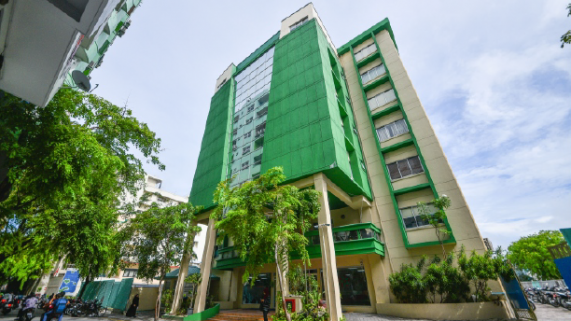MIRA Implements Changes to Enforcement Policies
On 20 October 2024, MIRA introduced significant changes to its enforcement policies, via the following amendments:
- First Amendment to the General Enforcement Policy1
- First Amendment to the Policy on Accessing Bank Account Information and Freezing Bank Accounts2
- Third Amendment to the Name and Shame Policy3
Below are the key changes introduced by the amendments made to these enforcement policies.
General Enforcement Policy
Prior to the amendment made to the General Enforcement Policy, if a taxpayer failed to file a tax return or pay taxes by the deadline, MIRA would send a “First Notice,” allowing 30 days to complete filing and payment obligations. If the filing and payment obligations are not met within the 30 day period, a “Final Notice” would follow, also allowing 30 days before enforcement actions begin.
Now, the above prescribed notice periods have been reduced from 30 days to 15 days. This means enforcement actions can start within a total of 30 days for delinquent taxpayers.
Policy on Accessing Bank Account Information and Freezing Bank Accounts
The policy on accessing bank account information and freezing bank accounts outlines four specific conditions that must be met before initiating action under the policy. This includes the following:
- Outstanding dues must exceed the threshold determined by MIRA (excluding fines and interest).
- The taxpayer has not entered into an instalment plan with MIRA to settle the outstanding dues.
- The outstanding dues are not due to payment failures from a State Institution, a 100% State-Owned Entity, or a majority State-Owned Entity.
- No excess taxes remain in MIRA’s records that can be adjusted against the outstanding dues.
The amendment clarifies that the fourth condition stipulated above includes requests from taxpayers to offset excess payments from one tax account against another or requests to settle excess payments made by a third party with the outstanding taxes.
This is a clarification provided while maintaining the original criteria.
The Name and Shame Policy
Several changes have been made to the Name and Shame Policy, including changes to factors considered in disclosing the information of delinquent taxpayers, the particulars disclosed, factors confirmed by MIRA prior to disclosure of information, and the timing of disclosures.
1. Factors considered in disclosing information
Under the existing Name and Shame Policy, prior to disclosing information about delinquent taxpayers, several conditions must be met.Among these conditions, included a requirement where, in case of non-filing, the taxpayer will be subject to disclosure of information only if a minimum number of tax returns for prior periods were pending or a certain income threshold was met (the minimum number of pending tax returns or income threshold depended on the tax type).These requirements are now removed.
This means that if the taxpayer has not filed any return, the delinquent taxpayers’ details may be disclosed subject to the remaining conditions provided for in the policy.
2. Particulars disclosed
The amendment expands the information that will be disclosed about delinquent taxpayers:
| Previously disclosed information | Name, address, registration number, TIN, and business activities |
| Newly added information | Amount of outstanding dues and period of default up to the point of disclosure |
3. Confirmation requirements
Previously, prior to disclosing information about delinquent taxpayers, MIRA was required to confirm the taxpayers inactivity status by ensuring that they were not removed from the MIRA registry, in the process of deregistration, undergoing liquidation, or deceased.
However, with the new amendment, MIRA is no longer obligated to verify whether a taxpayer is in liquidation or has applied for deregistration.
4. Timing of disclosure of information
MIRA has eliminated the specific time periods allotted for publishing delinquent taxpayers’ information based on tax type. Previously, disclosures were scheduled for specific months based on the tax type—for instance disclosures in relation to income tax and non-tax were published in October, while GST, GRT, and WHT disclosures were made in March and September.
Now, MIRA can disclose delinquent taxpayer information after the notice period has expired following the manner and stages of disclosure of information as prescribed in the policy.
Effective Date
The effective date of the policies outlined above is 20 October 2024.



